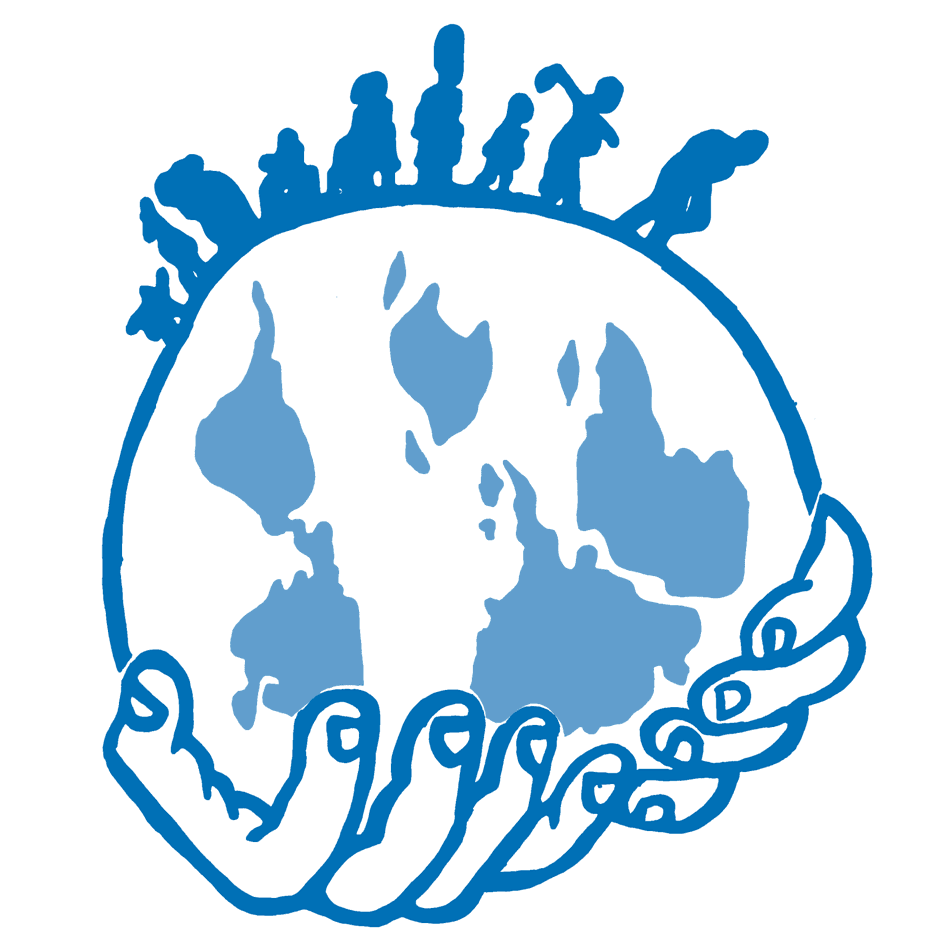Purpose
This blogsite provides a platform on which research and analysis regarding the political economy of contemporary globalised capitalism can be shared more widely, and where the implications for population health and for health care of such research and analysis can be explored.
Humanity faces a complex of multiple crises: deepening inequality, conflict and displacement, loss of biodiversity, and global warming. These crises have wide reaching implications for communities around the world, including the shaping of population health and the provision of decent health care.
The structures, forces and dynamics of globalised capitalism play a central role in reproducing these multiple crises. The discipline of critical political economy (theory and research) has powerful insights into the dynamics of globalised capitalism as well as tools for strategy, policy and practice.
The theory of change which has informed the development of this blogsite anticipates a widening and deepening conversation across PHM regarding the implications of critical political economy for the struggle for health: description, explanation and strategy.
Familiarity with political economy varies widely across PHM. Our theory of change anticipates that the design and operation of the blogsite will increase access to political economy principles across that spectrum and in doing so will empower the work of PHM.
Political economy is a critical discipline for PHM but it does not stand alone. In making sense of the challenges we face in our activism we draw on many different ways of understanding the world including many different bodies of theory as well as the embodied lessons of our experience and encultured lessons of our communities.
Design and operation
Achieving the purposes sketched above depends on the design of the blogsite and the way it operates as well as the robustness of our theory of change.
We don’t have blueprints for either design or operations. Achieving our purposes will depend on learning while doing; identifying the key aspects and learning how to approach them.
At this early stage several key aspects stand out: users and roles, the selection of posts; the quality of the debate in the comments on each post; and reaching out to possible subscribers and comment writers. The following assumptions may serve as starting points for our ongoing learning.
Users and roles
- There are three categories of users: subscribers, commenters, and posters:
- Subscribers are notified when new posts are published.
- Posters are responsible for formal posting of new blog spots; posters are recruited (or volunteered) as people with established familiarity with critical political economy and its relevance for health;
- Commenters can publish comments about published posts. To become a commenter people are required to register and their first comment will be moderated but they will be free to publish comments thereafter.
Posts should:
- highlight central issues of theory and research dealing with political economy and critical social science relevant to health, at national and global levels;
- be written in an accessible style, including accessible language and stepped access to longer and more difficult sources;
- invite an exploration of how their content might apply to health and to social movement practice;
Comments should:
- draw out the implications for population health and health care and for the practice of PHM activists;
- be accessible, interesting, exciting,
Reaching out will involve:
- direct engagement with various units of PHM: country circles, regional coordinators, GHG, thematic groups;
- periodic advertisements on PHM Exchange; and on PHM Social Media Accounts;
- focused attention during IPHUs.
Management
Achieving our purposes (and adapting our theory of change) depends on how well we learn from our experience regarding design and operations.
The role of our editorial group will be critical in monitoring our performance and steering our development.
